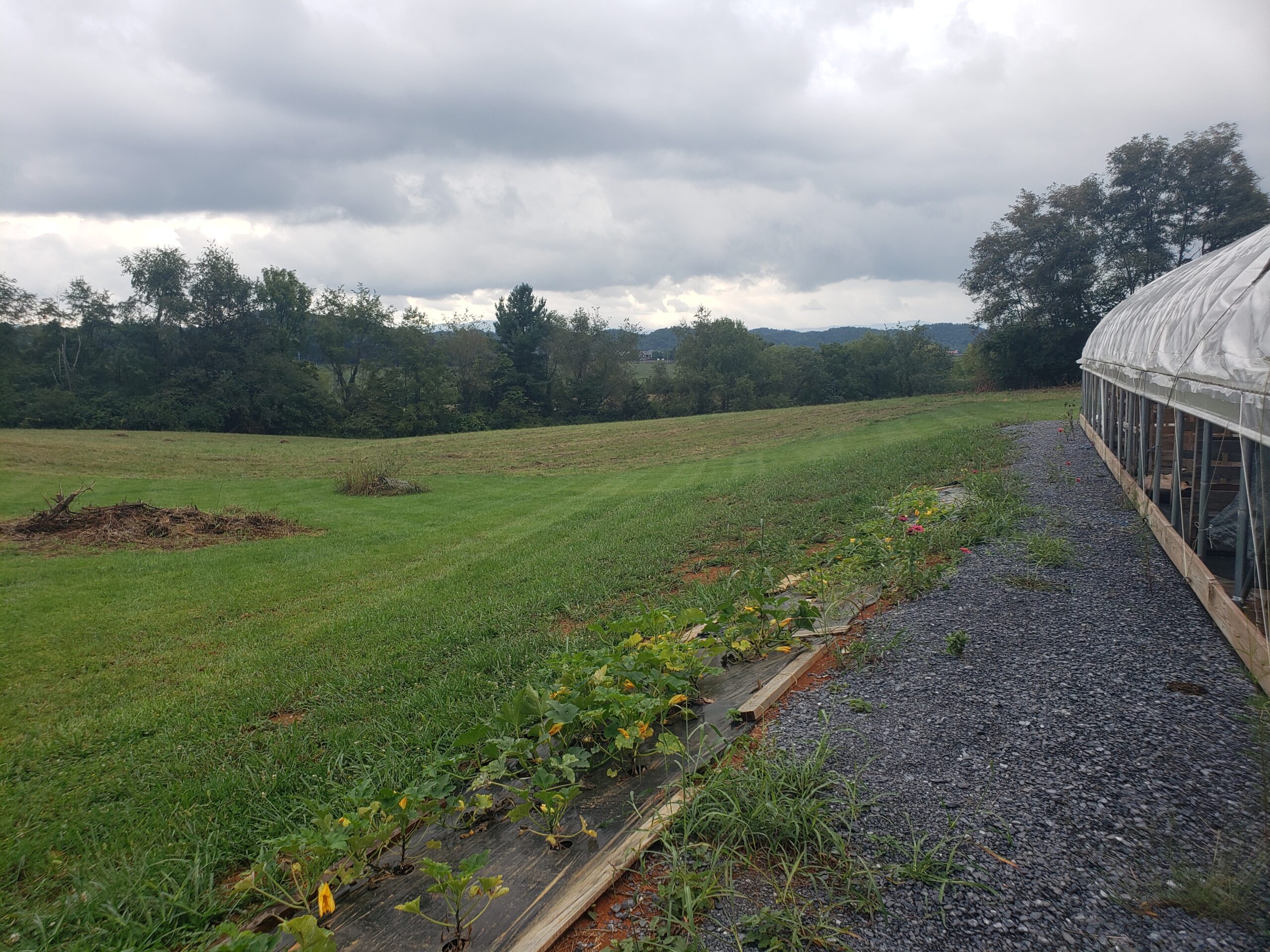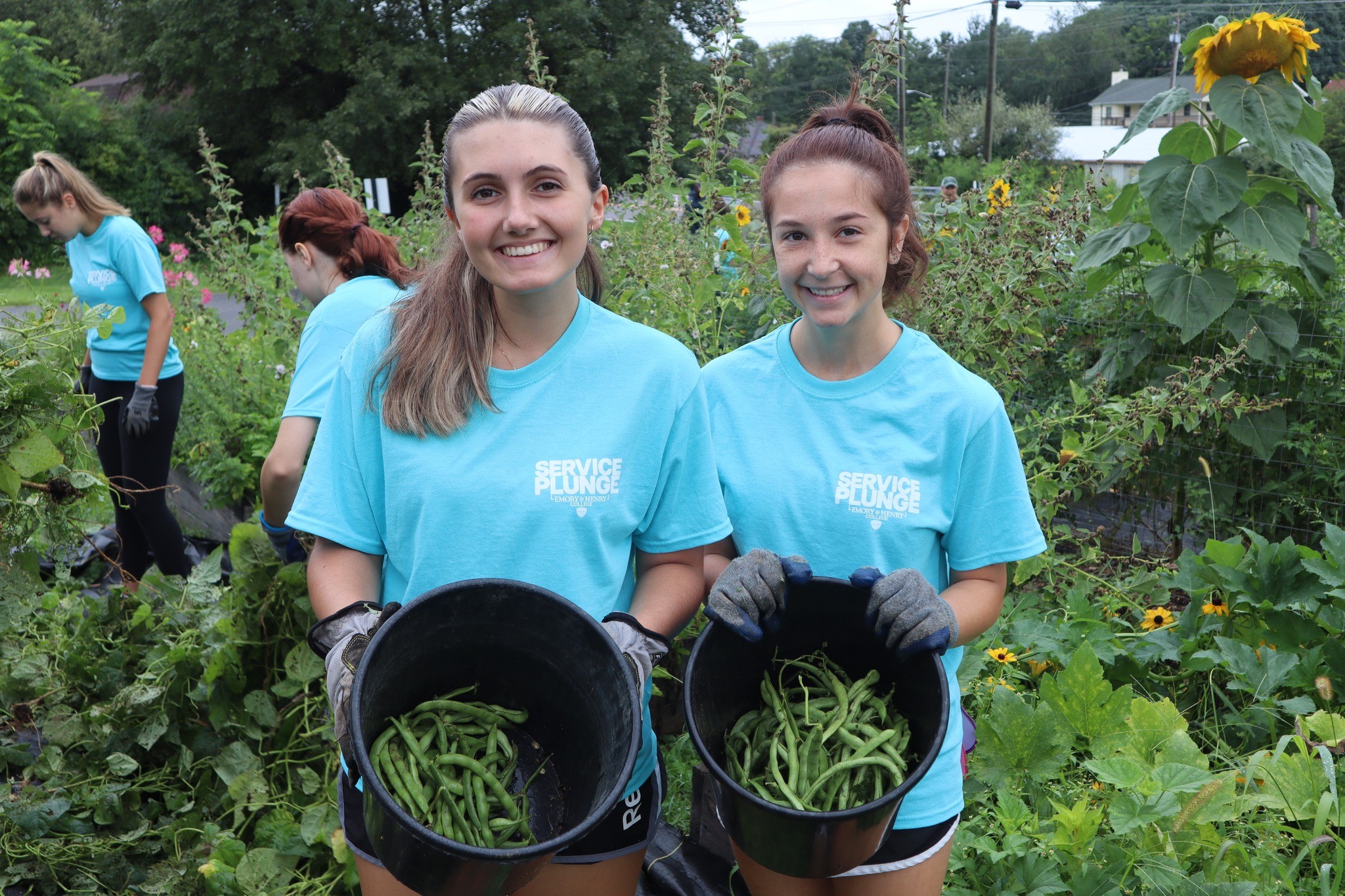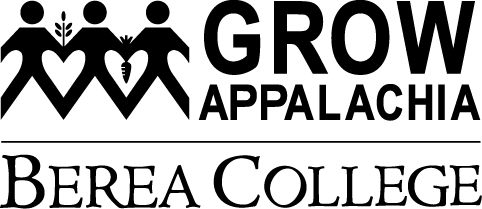
At our second to last workshop for Grow Your Own, we talked about regenerative agriculture. My personal background includes a focus on large-scale agriculture, so I talked about what the system currently looks like for farmers, policy makers, and individuals. We examined the impacts of large-scale, industrial agriculture from the superbugs it is producing to the dead zones it causes to the effects on individual health. Providing this context is so important for new gardeners because it brings attention to the negative effects of much of our food and agricultural systems. Pointing out the negative externalities of the “get big or get out” mentality not only sheds light on important issues in the world, but also provides a reason for people to feel proud of what they are doing, how they are growing, and what they can accomplish.


We held this workshop on ASD’s new land. We bought 17 acres of land outside of Bristol City recently, and will be using this land as a demonstration site, food hub, production site, agriculture education site, event location, and community gathering space. We talked about what we would all like to see on this land; how we can have the greatest impact for people, what matters to all of us, and what will bring the most good. This brings us to what regenerative agriculture and the Grow Your Own program have really done: built community. Our participants connect with others who are interested in and care about the same things – healthy food, healthy soil, and a healthy planet. We have heard from so many participants that one of the things they value most about this program is connecting with other people. Gardening and agriculture create a community that didn’t exist before; these things connect people from across the region because of a shared love of these practices. People want to keep learning, to keep growing, and to foster deep rooted connections with one another. I can’t even explain the joy I feel just having the opportunity to be part of this growing community of passionate, caring, friendly humans.



Gardening is about growing food successfully, of course… but it’s about so much more than that. It brings people joy. It connects people in ways that would otherwise be difficult to find. It increases mental health, conscientiousness, care for the community, care for the planet, and overall quality of life. The flowers we grow in the gardens, watching a watermelon form from a flower, seeing the bees covered in pollen, all remind us of the beauty and wonder that exists in the natural world. We know food is vital for our survival; but it is also community, health, livelihood, identity, and love.


Leave A Comment